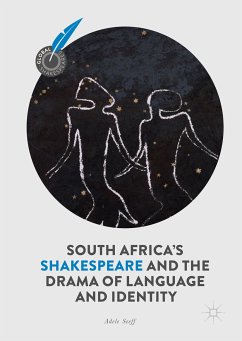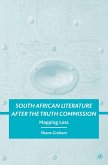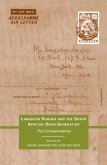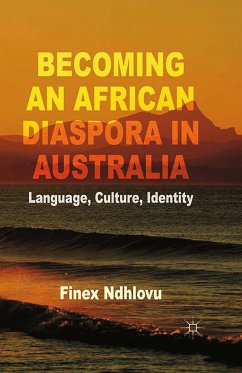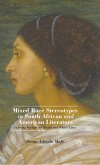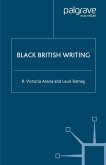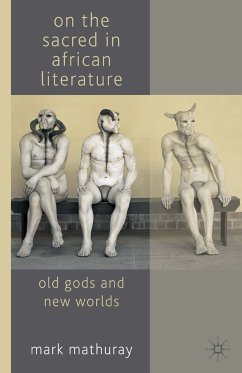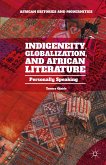This volume considers the linguistic complexities associated with Shakespeare's presence in South Africa from 1801 to early twentieth-first century televisual updatings of the texts as a means of exploring individual and collective forms of identity. A case study approach demonstrates how Shakespeare's texts are available for ideologically driven linguistic programs. Seeff introduces the African Theatre, Cape Town, in 1801, multilingual site of the first recorded performance of a Shakespeare play in Southern Africa where rival, amateur theatrical groups performed in turn, in English, Dutch, German, and French. Chapter 3 offers three vectors of a broadening Shakespeare diaspora in English, Afrikaans, and Setswana in the second half of the nineteenth century. Chapter 4 analyses André Brink's Kinkels innie Kabel, a transposition of Shakespeare's The Comedy of Errors into Kaaps, as a radical critique of apartheid's obsession with linguistic and ethnic purity. Chapter 5 investigates John Kani's performance of Othello as a Xhosa warrior chief with access to the ancient tradition of Xhosa storytellers. Shakespeare in Mzansi, a televisual miniseries uses black actors, vernacular languages, and local settings to Africanize Macbeth and reclaim a cross-cultural, multilingualism. An Afterword assesses the future of Shakespeare in a post-rainbow, decolonizing South Africa. Global Sha
Any reader interested in Shakespeare Studies, global Shakespeare, Shakespeare in performance, Shakespeare and appropriation, Shakespeare and language, Literacy Studies, race, and South African cultural history will be drawn to this book.
Dieser Download kann aus rechtlichen Gründen nur mit Rechnungsadresse in A, B, BG, CY, CZ, D, DK, EW, E, FIN, F, GR, HR, H, IRL, I, LT, L, LR, M, NL, PL, P, R, S, SLO, SK ausgeliefert werden.

